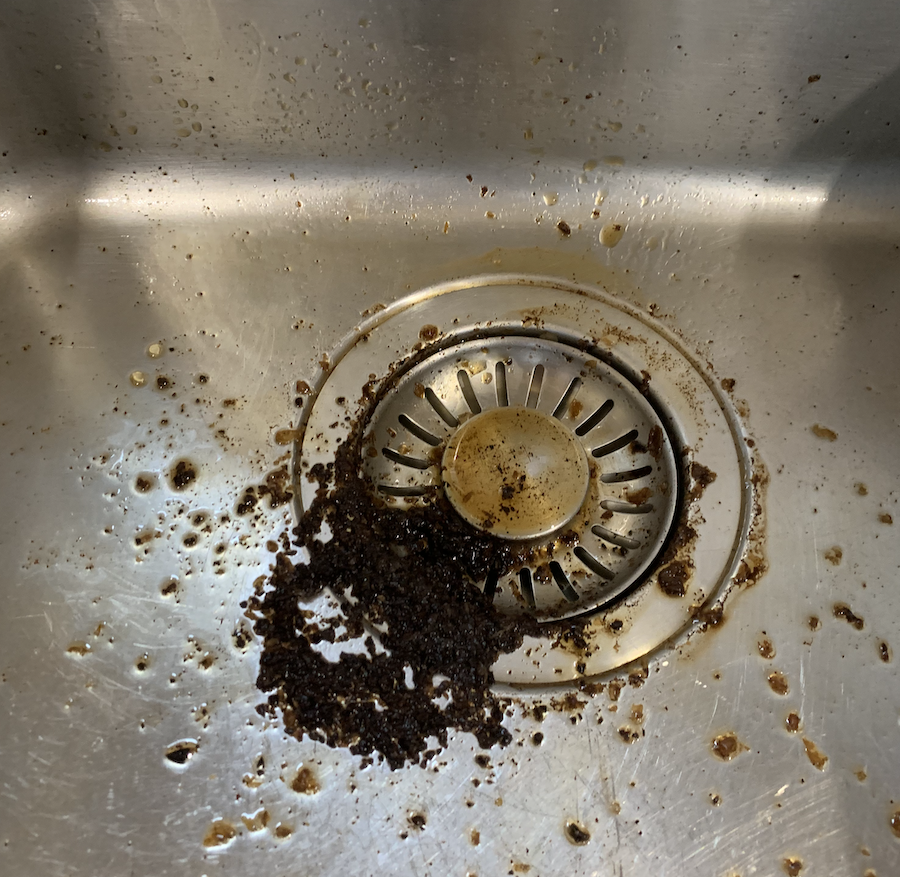Introduction: Understanding the Challenge
Coffee grounds are a common kitchen waste product that, if disposed of improperly, can wreak havoc on your sink’s plumbing. Despite their seemingly harmless nature, these small particles can accumulate over time and lead to clogs and potential damage. In this comprehensive guide, we’ll delve into the best practices for disposing of coffee grounds to maintain the health of your sink and prevent costly repairs.
The Perils of Coffee Grounds in the Sink
Coffee grounds pose a significant risk to your sink’s plumbing due to their small particle size and adhesive properties. When washed down the drain, they can easily clump together, forming stubborn blockages that impede water flow. Additionally, coffee grounds have the ability to absorb water and swell, exacerbating the clogging process and putting undue pressure on your pipes.
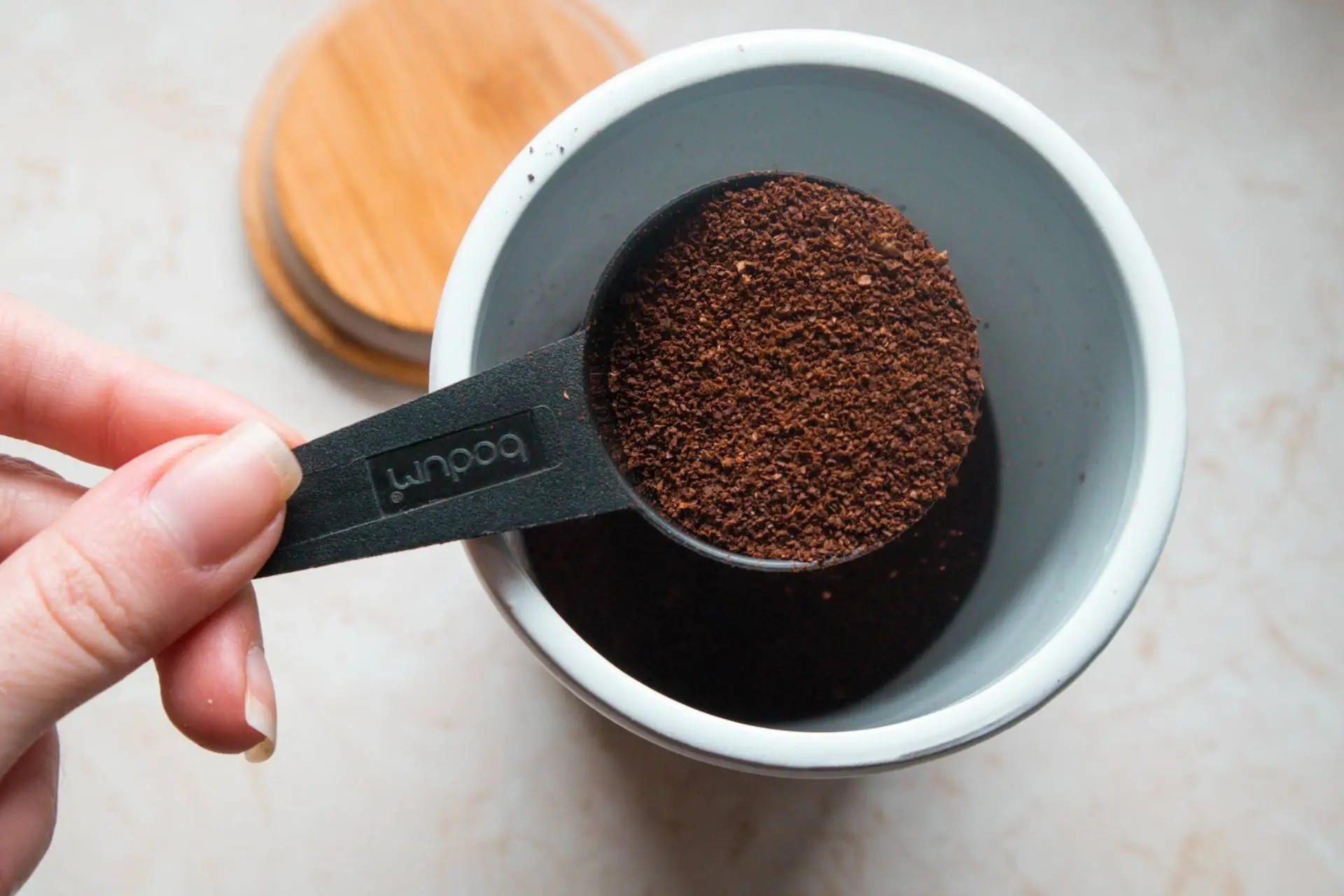
Option 1: Composting for Eco-Friendly Disposal
One of the most environmentally friendly ways to dispose of coffee grounds is through composting. Rich in nitrogen, coffee grounds make an excellent addition to compost piles or bins. By collecting used grounds in a compostable container and adding them to your compost heap, you not only divert waste from the landfill but also create nutrient-rich compost that benefits your garden soil.
Option 2: Repurposing for Household Cleaning
Another practical solution is to repurpose coffee grounds for household cleaning tasks. Their abrasive texture makes them ideal for scrubbing dirty pots, pans, and kitchen surfaces. By mixing used coffee grounds with a bit of dish soap or water, you can create a natural cleaning paste that effectively removes grime without harming your sink’s plumbing.
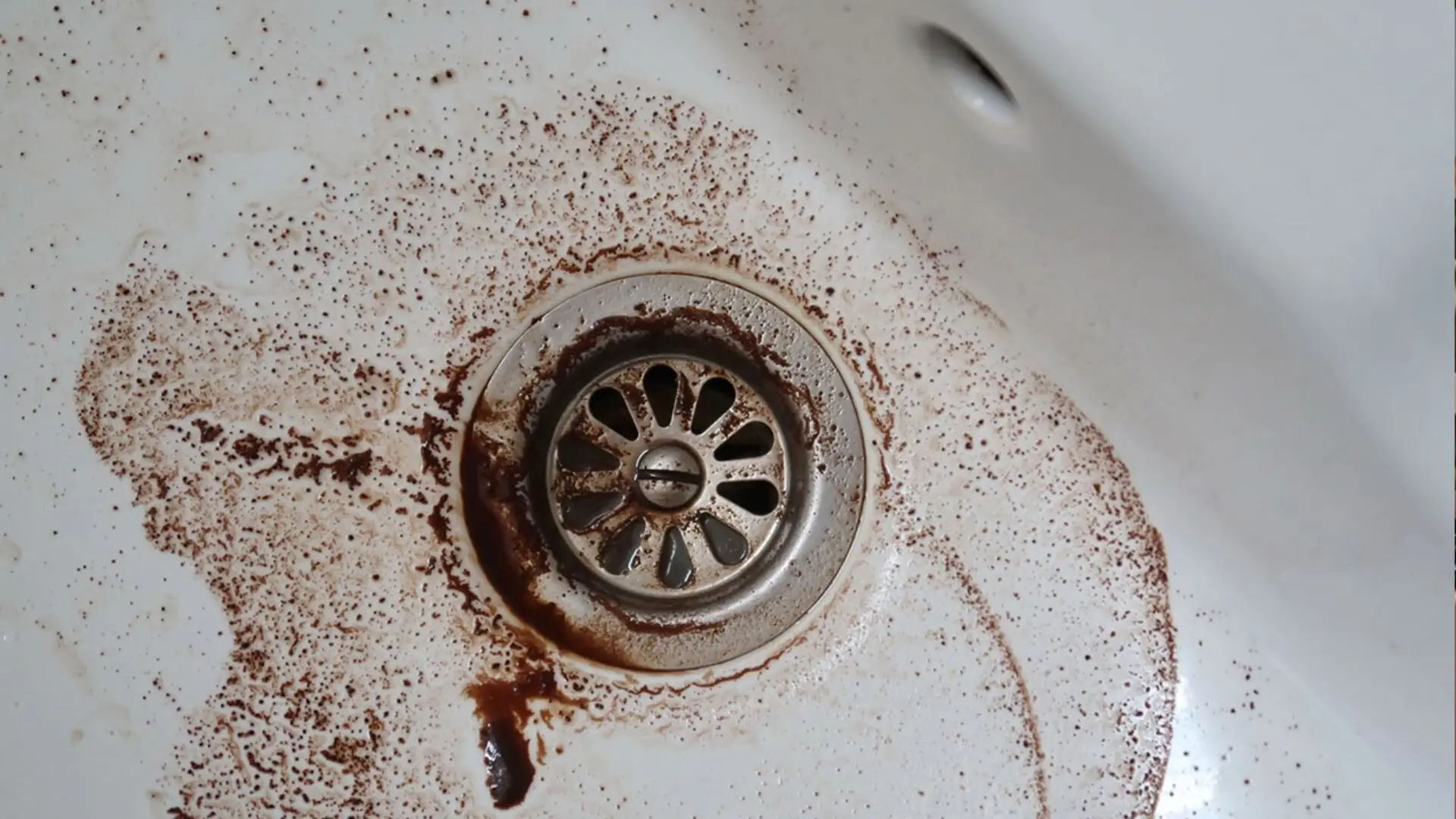
Option 3: Disposal in the Trash
For those unable to compost or repurpose coffee grounds, disposing of them in the trash is a simple alternative. After brewing your coffee, allow the grounds to cool and dry before transferring them to a sealable bag or container. By disposing of coffee grounds with your regular household waste, you can prevent them from causing clogs in your sink while minimizing their environmental impact.
Option 4: Utilizing a Sink Strainer
Using a sink strainer is an effective way to prevent coffee grounds from entering the drain and causing clogs. These small, perforated devices sit atop the drain opening, capturing debris while allowing water to flow freely. By placing a sink strainer over your drain before rinsing out coffee grounds, you can easily collect them for disposal in the trash, safeguarding your sink against clogs.
Option 5: Flushing with Hot Water
Flushing coffee grounds down the sink with hot water can help prevent them from accumulating and causing clogs. After rinsing out your coffee maker or French press, run hot water from the tap for several seconds to flush any remaining grounds down the drain. The heat from the water can help break up clumps of grounds and carry them through the pipes more effectively, reducing the risk of clogs.
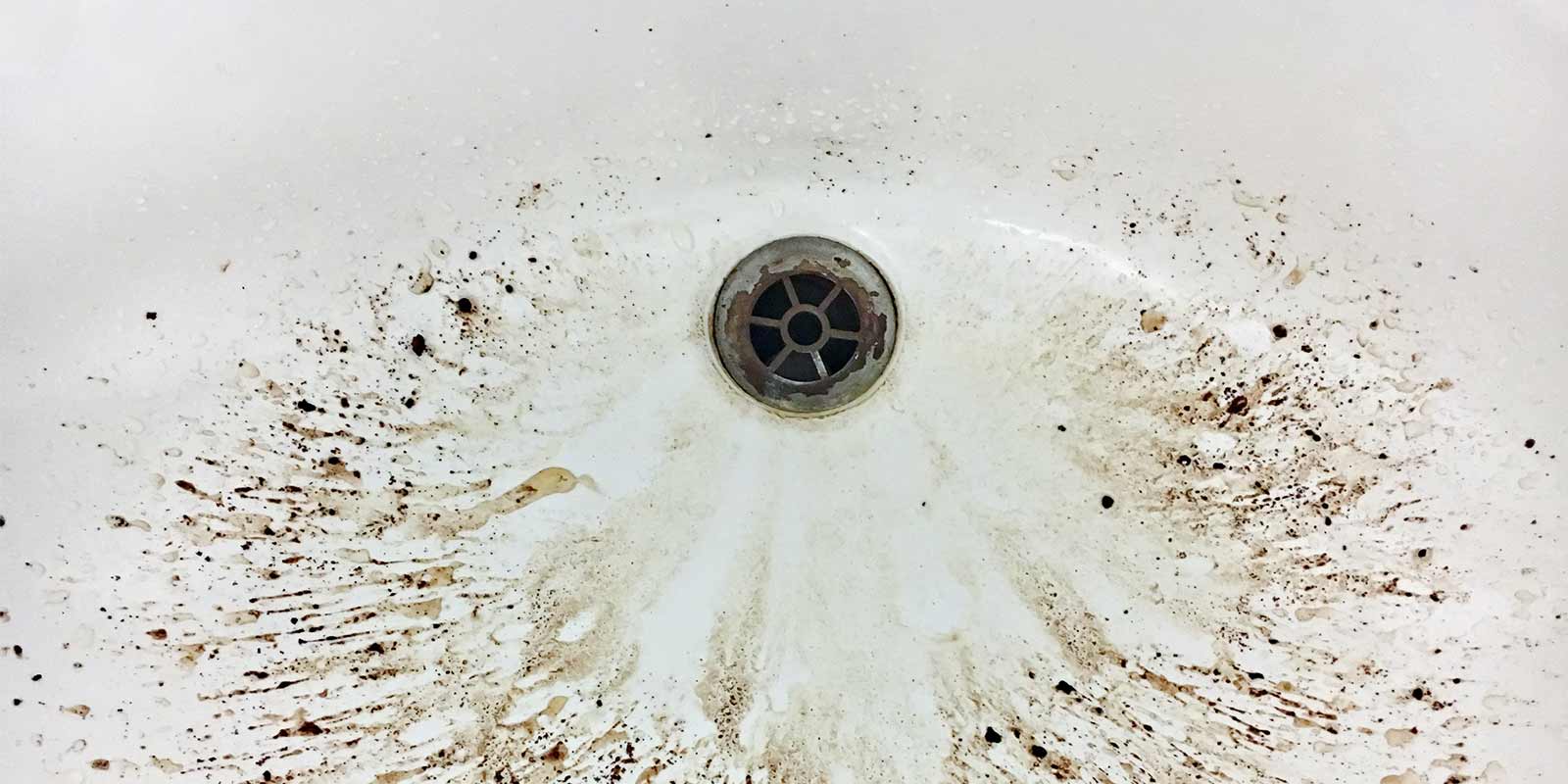
Option 6: DIY Coffee Ground Disposal Tablets
For those inclined to DIY solutions, creating coffee ground disposal tablets offers a creative alternative. By mixing equal parts coffee grounds and baking soda with water to form a paste, you can roll the mixture into small balls or tablets and allow them to dry. These tablets can then be dropped down the sink drain and flushed with hot water to help deodorize and clean the pipes while safely disposing of the grounds.
Option 7: Professional Drain Cleaning Services
In cases where clogs have already developed or preventive measures are insufficient, seeking professional drain cleaning services may be necessary. Professional plumbers have the expertise and specialized equipment to effectively remove stubborn clogs and restore proper drainage to your sink. While this option may entail additional costs, it can save you from the headache and expense of dealing with more serious plumbing problems down the line.
Option 8: Community Composting Programs
Many communities offer composting programs that accept food scraps, including coffee grounds, for composting. Participating in these programs allows you to divert organic waste from landfills and contribute to the creation of nutrient-rich compost for community gardens and landscaping projects. Check with your local municipality or waste management authority to see if such programs are available in your area.
The Environmental Impact of Coffee Ground Disposal
Beyond the immediate concerns for your sink and plumbing, improper disposal of coffee grounds can also have environmental implications. When coffee grounds are sent to landfills, they contribute to methane emissions, a potent greenhouse gas that contributes to climate change. By composting coffee grounds or finding alternative disposal methods, you can help reduce your environmental footprint and contribute to sustainable waste management practices.
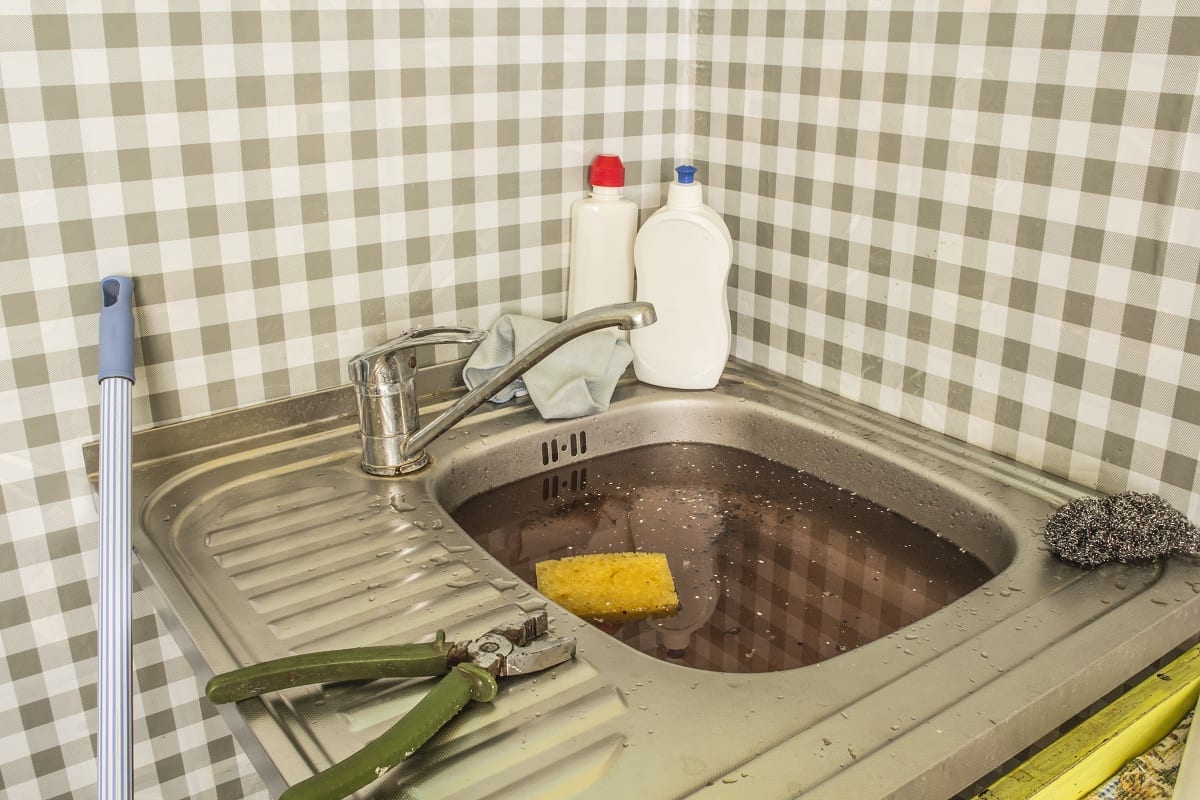
Education and Awareness: Promoting Responsible Disposal Practices
In addition to implementing proper disposal methods in your own home, raising awareness about the importance of responsible coffee ground disposal is crucial. Educate friends, family, and community members about the potential risks of washing coffee grounds down the sink and encourage them to adopt eco-friendly disposal practices. By collectively taking action, we can minimize the environmental and financial impacts of improper coffee ground disposal and promote sustainable living.
The Impact of Neglecting Coffee Ground Disposal
When coffee grounds are neglected and disposed of improperly, the consequences can be dire for your sink and plumbing system. Over time, accumulated grounds can create stubborn clogs that obstruct the flow of water and lead to backups. These clogs not only cause inconvenience but also require costly repairs and potentially damage your sink and pipes. Furthermore, if left unchecked, clogs can escalate into more severe plumbing issues, such as pipe bursts or sewage backups, resulting in significant damage and expenses.
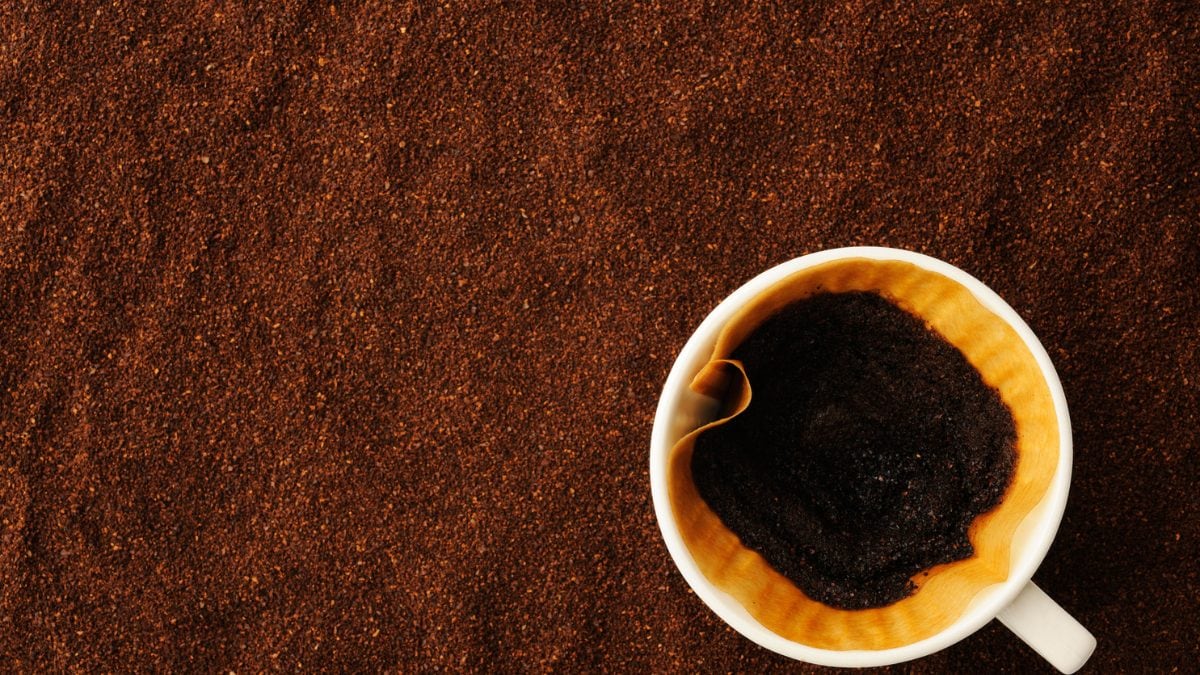
Conclusion: Safeguarding Your Sink
Properly disposing of coffee grounds is essential for maintaining the functionality of your sink’s plumbing system. Whether through composting, repurposing, or utilizing other disposal methods, there are plenty of eco-friendly options available to prevent clogs and protect your sink. By adopting these best practices, you can enjoy your daily cup of coffee without worrying about the damaging effects of grounds on your plumbing.
Properly disposing of coffee grounds is not just a matter of maintaining a clean sink—it’s a responsibility that affects both our homes and the environment. By choosing eco-friendly disposal methods, such as composting, repurposing, or utilizing sink strainers, we can prevent clogs and protect our plumbing systems while reducing our carbon footprint. Let’s embrace responsible waste management practices and work together to safeguard our sinks, homes, and planet for future generations.
